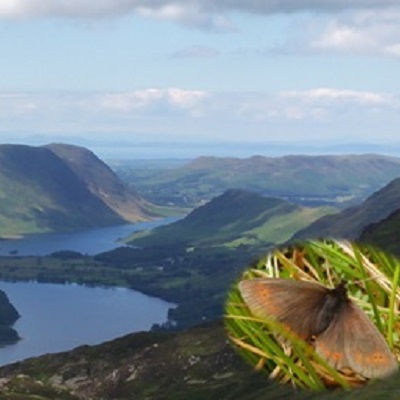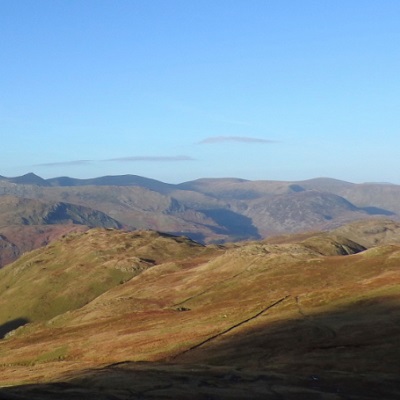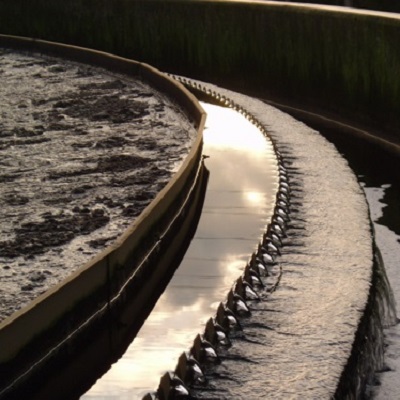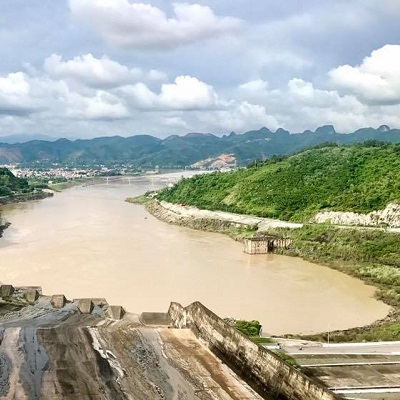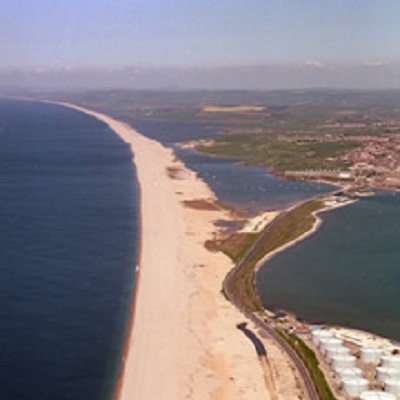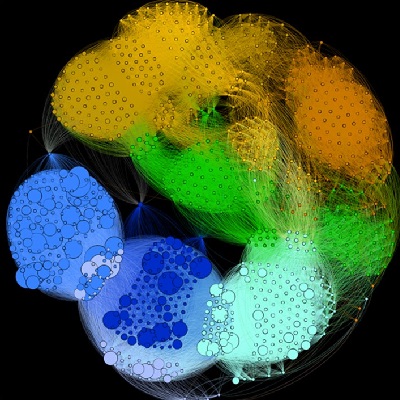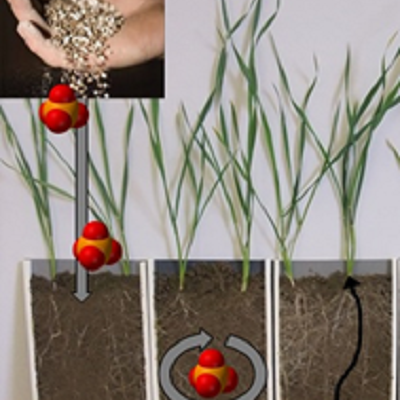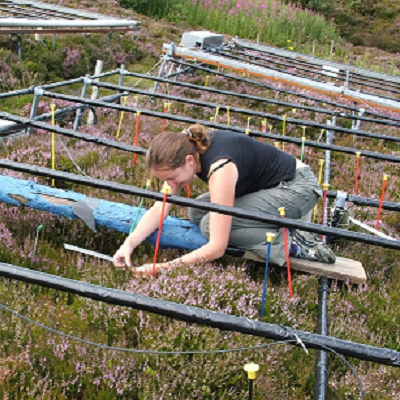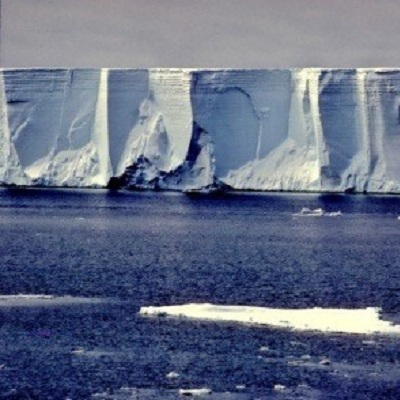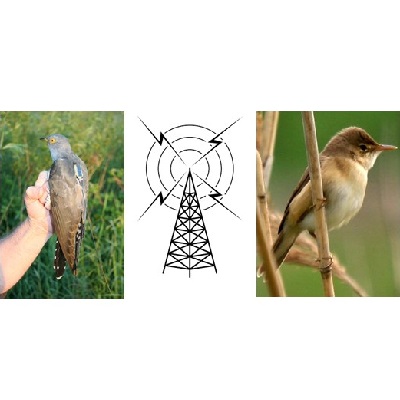Cold-adapted species, including those restricted to mountains, are highly vulnerable to climate change. For UK butterflies, cold-adapted species are similarly threatened by climate change-mediated decline, with some species demonstrating range retractions concurrent with recent warming. Consequently, upland species are becoming a priority for many conservation organisations both in the UK and globally. However, developing adaptation strategies for these species is […]
Read More
Can our upland landscapes provide clean drinking water, store carbon, maintain biodiversity, act as a platform for leisure activities and provide a rural economy around grazing all whilst coping with the increasing pressures of climate change? Our mountainous regions are clearly under many, sometimes conflicting, demands, and this has led to a substantial degradation in the ecosystem functions that […]
Read More
The project: Phosphorus is central to globally-significant challenges, including the need for sustainable approaches to reduce nutrient enrichment within aquatic ecosystems. This project will develop new technologies that reduce the financial and environmental costs associated with removing phosphorus from wastewater. Using a range of materials that are by-products from other industrial sectors, alongside existing commercial products, you will evaluate the […]
Read More
The Red River in Vietnam supports 20 million inhabitants, includes a major rice-growing region, the mega-city of Hanoi and a range of industries each of which have expanded in recent decades. The Red River Delta (RRD) delta area of the river is the agricultural heartland of the region and provides crucial ecosystem services, including the retention and removal of […]
Read More
Applications are invited for a PhD studentship within the NERC-ENVISION Doctoral Training Partnership with a project entitled: “The influence of extreme events in the longterm evolution of mixed gravel/sand barrier beaches”. Barrier beaches are common features along the coastline of England, and elsewhere in the world. These barrier features are important for the geomorphology and equilibrium of the beach. […]
Read More
The “4‰ Soils for Food Security and Climate” agreement has focussed regulators’ and scientists’ minds alike on the role that carbon plays in fertility and global climate change. Organic carbon is often implicitly linked with soil structure and its rapid loss from conventionally managed agricultural soils is a cause of serious concern. Soil without biology however, is just dirt: […]
Read More
Phosphorus (P) is an essential element for food production but rock phosphate reserves are non-renewable and set to become increasingly scarce, making phosphorus critical for global food security. Therefore, it is vital that we better understand how P is cycled in soils in order to support future food production. This project will develop a highly novel stable isotope technique […]
Read More
We are seeking an enthusiastic PhD student to work as part of our interdisciplinary team based at the Centre for Ecology and Hydrology in Bangor with registration at Bangor University. You will work in collaboration with Forestry Research and a European climate change network with sites located in Denmark, Hungary and Spain. In our Welsh climate manipulation experiment we […]
Read More
In summer 2017 the Larsen C ice-shelf in Antarctica calved a 6000 km2 iceberg, and the Halley research station closed over winter 2017 due to nearby crevasses opening up, potentially calving another massive iceberg. When these large volumes of ice drift equatorwards they eventually melt and can influence key pathways in the Earth System, including changing ocean heat transports […]
Read More
Animals face many challenges as increased urbanization impacts their ability to survive and reproduce. Nowhere is this more evident than in migratory birds. Throughout Europe evidence indicates that populations of migratory birds are declining. Many anthropogenic influences are implicated, such as land use and climate change. However, recently, a new and surprising potential hazard to bird migration has emerged. […]
Read More

